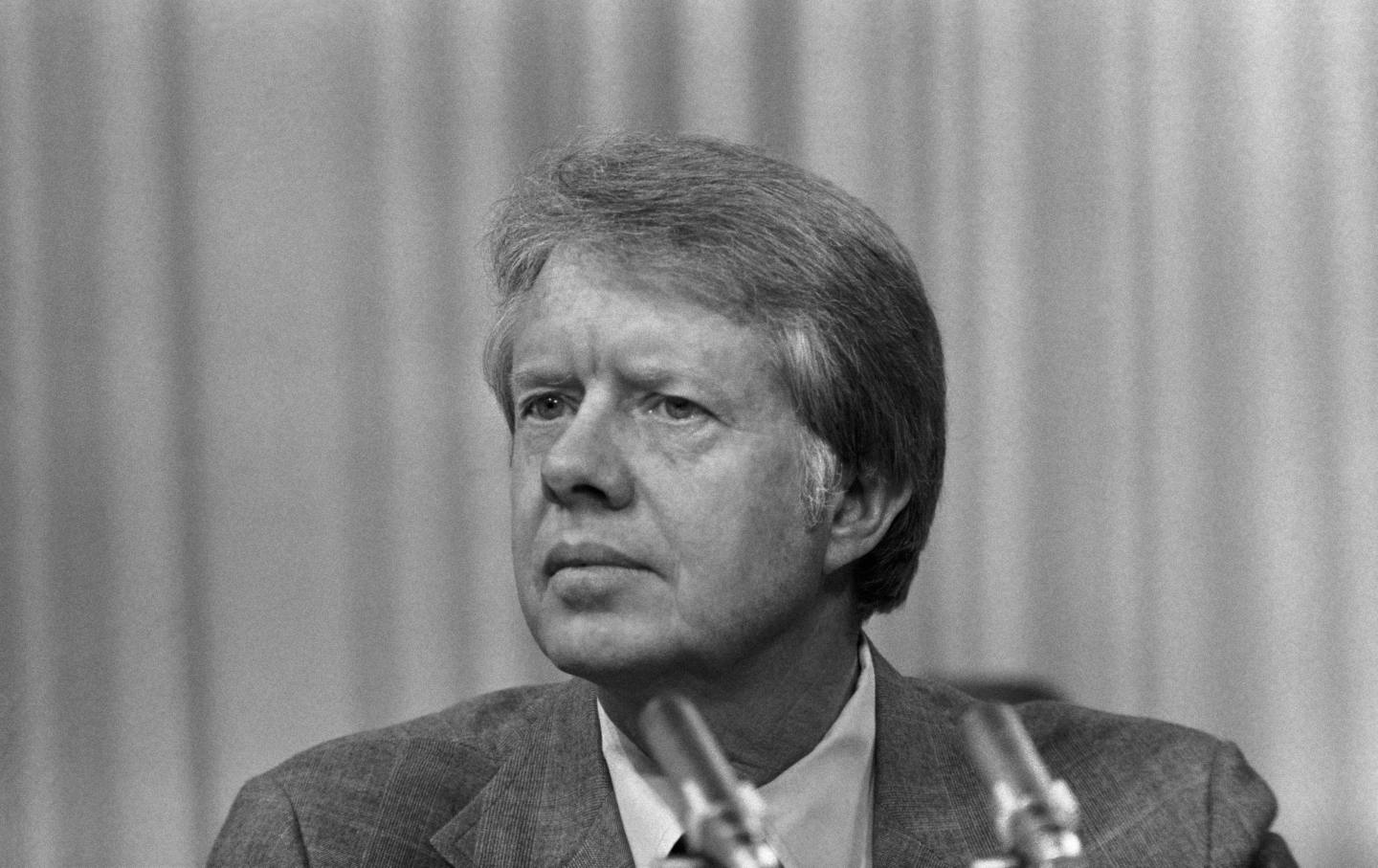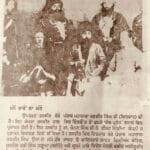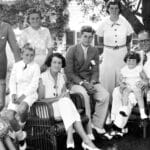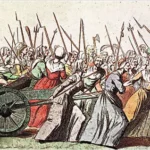You’ve probably heard people call former President Jimmy Carter a “nice” guy. But there’s more to him than that. Carter’s presidency was a complex time with many ups and downs. He’ll always be remembered for his strong character, his focus on morality, and his work for peace around the world.
A Closer Look: More Than Just “Nice”
It’s almost a cliché to call Jimmy Carter “the nicest president.” But behind that friendly smile lies a leader who defied expectations. Carter’s presidency wasn’t about putting on a show, but about governing with humility and integrity.
Leading by Example
Imagine this: the President of the United States, walking to church on a Sunday morning, just like everyone else. No motorcade, no fanfare—just a man of faith. That was Jimmy Carter. He wanted a more honest and open government, which led him to champion the Ethics in Government Act. He understood that trust in leadership starts with leading by example.
A Helping Hand in Times of Need
Carter faced his share of challenges, particularly a struggling economy. Yet, he made notable progress in areas like environmental protection. He was ahead of his time, signing important environmental laws and even creating the Department of Energy! Additionally, he established FEMA, ensuring America could lend a hand when disasters struck.
Peacemaker on the World Stage
Carter’s impact wasn’t confined to America’s borders; he was a true diplomat. He tirelessly worked to bring peace to troubled regions, most notably through the Camp David Accords, where he brought Israel and Egypt together for a historic peace agreement. His role in normalizing relations with China also had a profound impact on the world. Carter believed in standing up for what was right, making human rights a core part of America’s global message.
Life After the White House: A Legacy of Service
Leaving office didn’t dim Carter’s dedication to service. He rolled up his sleeves, working alongside volunteers from Habitat for Humanity to build homes for those in need. He also founded The Carter Center, an organization that has made incredible strides in ensuring fair elections, fighting disease, and promoting peace worldwide. His unwavering commitment earned him the Nobel Peace Prize in 2002.
A Legacy Forged in Compassion
Jimmy Carter’s presidency wasn’t without its challenges, but his commitment to serving others and fighting for what he believed in never wavered. As Jonathan Alter wrote in “The Defining Moment,” “Carter was the first president to address climate change.” His forward-thinking approach to issues like climate change and his tireless work for peace and equality solidify his place as “the People’s President”—a leader who genuinely cared about people.
Which President Was the Best?
Choosing the “best” president is subjective. Historians often consider factors like their handling of crises, legislative achievements, foreign policy, economic impact, and social progress.
Jimmy Carter’s Place in History
Carter’s presidency (1977-1981) was marked by both successes and challenges.
Strengths:
- Camp David Accords: Successfully brokered peace between Israel and Egypt.
- Panama Canal Treaties: Negotiated the return of the Panama Canal to Panama.
- Human Rights Focus: Prioritized human rights in U.S. foreign policy.
- Post-Presidency Service: Continued to work for peace and humanitarian causes through The Carter Center and Habitat for Humanity.
Challenges:
- Iran Hostage Crisis: The 444-day crisis significantly damaged Carter’s public image.
- Economic Struggles: High inflation and unemployment plagued his presidency.
- Perception of Weakness: Critics argued he was too willing to compromise with adversaries.
Despite these challenges, Carter’s post-presidency work has prompted a reevaluation of his legacy. Some historians argue that his long-term impact on peace, human rights, and global health outweighs the difficulties of his single term.
What Good Things Did Carter Do as President?
While the Iran hostage crisis often overshadows his presidency, Jimmy Carter accomplished a great deal that continues to impact us today:
- Energy Policy: Created the Department of Energy, implemented fuel-efficiency standards, and invested in renewable energy research.
- Environmental Protection: Expanded national parks, established the Superfund program for toxic waste cleanup, and signed the Alaska National Interest Lands Conservation Act.
- Camp David Accords: A landmark achievement in Middle East peacemaking.
- Panama Canal Treaties: Improved U.S.-Latin American relations by returning control of the canal to Panama.
- Human Rights Advocacy: Elevated human rights as a central element of U.S. foreign policy.
Beyond these specific achievements, Carter’s emphasis on ethical governance, humility, and service set a powerful example.
How Did Jimmy Carter Rank as President?
Jimmy Carter’s presidential ranking is complex. He often falls in the lower half of rankings by historians, primarily due to the perception of his handling of the Iran hostage crisis and the economic challenges during his term.
However, his post-presidency work has significantly impacted his legacy. Here’s a closer look at factors influencing his ranking:
- Domestic Challenges: The energy crisis and economic struggles of the late 1970s tarnished public perception of his presidency.
- Foreign Policy Triumphs and Trials: The Camp David Accords were a major success, but the Iran hostage crisis overshadowed other foreign policy achievements.
- Post-Presidency Impact: Carter’s work with The Carter Center, promoting peace, democracy, and global health, has led to a reevaluation of his presidency.
While Carter may not top the list of “best” presidents, his commitment to peace, human rights, and service continues to inspire. His legacy reminds us that a president’s impact can extend far beyond their time in office.
Did Jimmy Carter’s Mother Deliver Rosalynn?
The love story of Jimmy and Rosalynn Carter is well-documented, but their connection goes even deeper than many realize. Bessie Lillian Carter, Jimmy’s mother, was a registered nurse in Plains, Georgia. In a remarkable twist of fate, she helped deliver a baby girl in August of 1927—Eleanor Rosalynn Smith, the future First Lady.
Three-year-old Jimmy likely had no idea that the newborn his mother cared for would one day become his wife. This extraordinary connection adds another layer to their enduring love story. JFK’s successor was Lyndon B. Johnson.
- Unveiling the Enigma: Mansoureh Khojasteh Bagherzadeh’s Public Appearances & Private Life in Iran - July 18, 2025
- Unveiling the Mystery: Mansoureh Khojasteh Bagherzadeh’s Husband: A Rare Glimpse into a Private Life - July 18, 2025
- Unveiling Masoud Khamenei’s Mother: Power, Influence, and Iran’s Future - July 18, 2025
















